Culturing Creativity: Geeking Out Over Games
On this Culturing Creativity episode, we geeked out over games and discussed how different games may enhance your creativity, and can sharpen skills that are useful in your writing. Who knew that playing games could have such great perks?
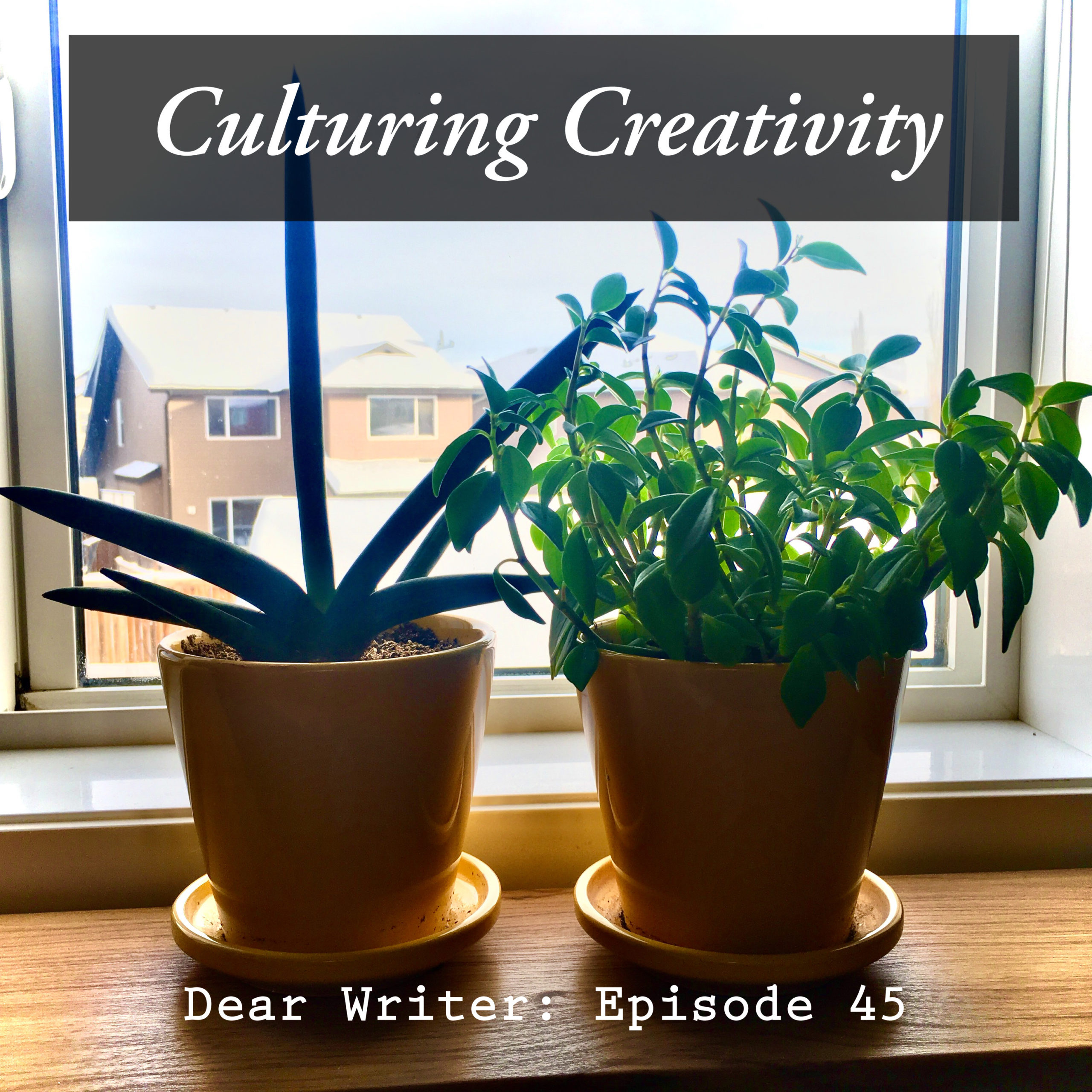
Episode Summary
The first question asked us what our favorite boardgames were, and if we thought they helped our creativity. Sarah said most of her favorite boardgames were strategically focused, and though they don’t appear to have a direct link to creativity, games like Carcasonne and Risk aid with problem solving abilities and helped her to think two steps ahead. But equally, Sarah pointed out that she had learnt through these games to never create plans that are too elaborate, as you never know which way the game is going to go, and this can be true for writing as well—a degree of flexibility is often required. She also mentioned games that have a more creative element to them, such as Cranium and Pictionary. In addition to being creative, these games force you to consider how best to communicate something to your team members, which is another pivotal skill in writing, as the readers must be able to discern what is happening.
Ashley discussed how she and her husband love to play boardgames, but in particular cooperative ones as it prevents arguments! She too preferred strategic games and likened the problem solving to getting a character out of a tricky situation and planning moves. She thought that Mysterium is really great for creativity as it uses abstract artwork as clues which involves a lot of thinking, but also analyzing the person who is giving you the card which can be good when creating characters and how people think.
The next question revolved around games that specifically use direct storytelling and how these games have a clear link to writing. Some examples were games like Story Cubes (dice are rolled which have inlaid images that the players must use to construct as story), Once Upon a Time (players work together to create a new fairytale), and others. We asked, firstly, have we played them? If yes, how did we find them? If not, do we think they would be helpful?
Sarah said she and her husband do have story cubes, and she thinks the value in them is serving as a prompt to create ideas and get past blocks, sort of like what we did with the episode about freefall writing. It’s the same idea, though it gives you several things to work into the one story so it forces you to work a bit harder to create connections between the items, rather than having one singular prompt. And getting your brain to practice making these connections is great for your creativity—it helps to think of things in new ways and you might find yourself creating connections in everyday life that you hadn’t before through simple observation. She also talked about how in high-school she and her friends often did line-by-line stories, folding pieces of refill over and handing it to a friend with only the last three words for them to connect into the story. Her experience was that these are incredibly amusing, though she wasn’t sure if they’re quite as helpful!
Ashley admitted to not having played these types of games very often. She had recently tried a similar line-by-line story writing with her writing group, but they did not hide the story from each other as it was written. She mentioned it was an interesting exercise, however she too was dubious as to the benefits.
We next talked about wordgames for inspiring creativity, games like crosswords, scrabble, bananagrams and more. Sarah mentioned she didn’t mind scrabble, however she has in the past been frustrated by the aspect of luck inherent in the game. She mentioned she’s always the type of person who ends up with a tray full of vowels and nowhere to put them. And as for bananagrams, a game very similar to scrabble, she particularly dislikes the speed element of these games and finds it stifles her creativity rather than enhancing it.
Ashley has talked about how she enjoys cryptic crosswords on previous episodes, but explained a bit more about the benefits, which she feels is two-fold: for one there is the problem solving aspect of the puzzle, but there is also the benefit of continuing to expand your vocabulary and the sheer amount of knowledge that is gained through doing these puzzles regularly.
Finally, we talked a bit about role-playing games (RPGs). Sarah spoke about a murder mystery party she and Ashley had created from scratch and discussed the fun of being game-master. She likened this to creating a plot for characters and watching it play out as you write. Ashley discussed her experiences of creating and being a player in Dungeons and Dragons, one of the most well-known RPGs.









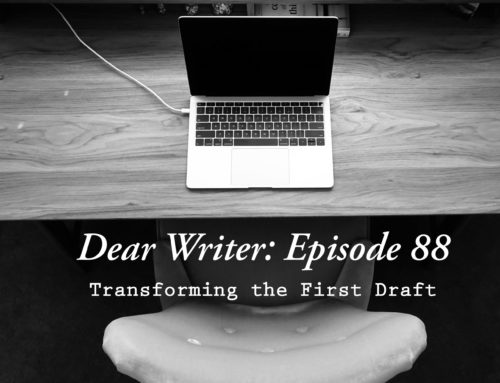
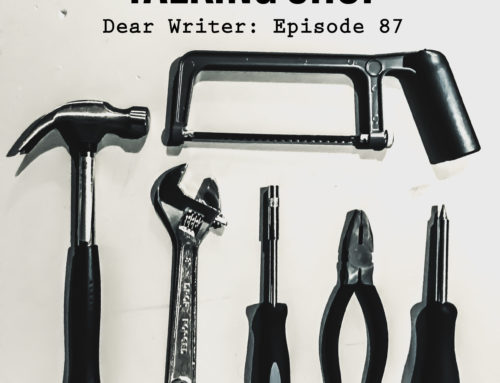

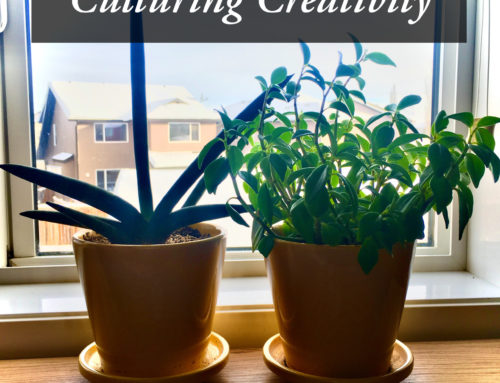

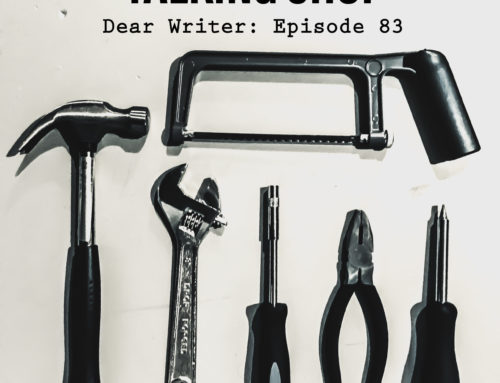


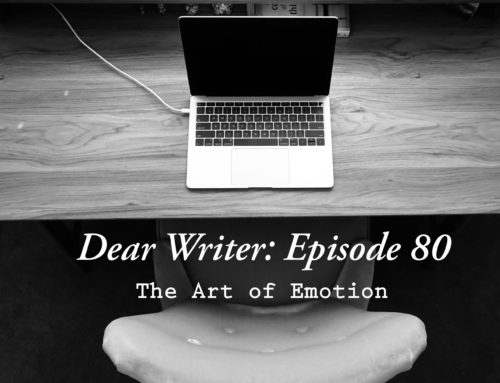
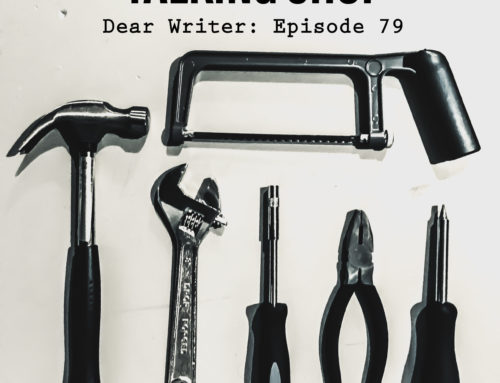
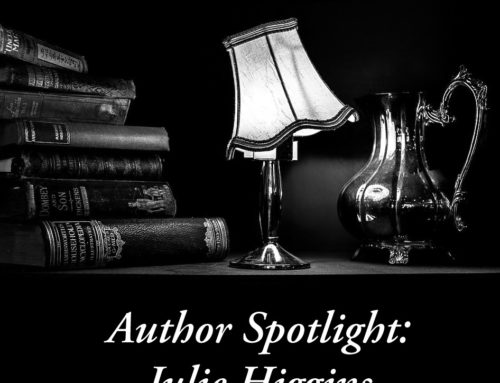
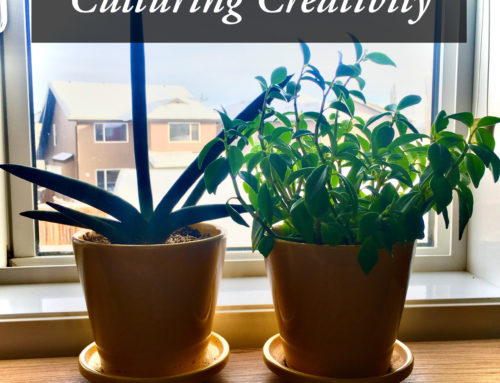
Leave A Comment